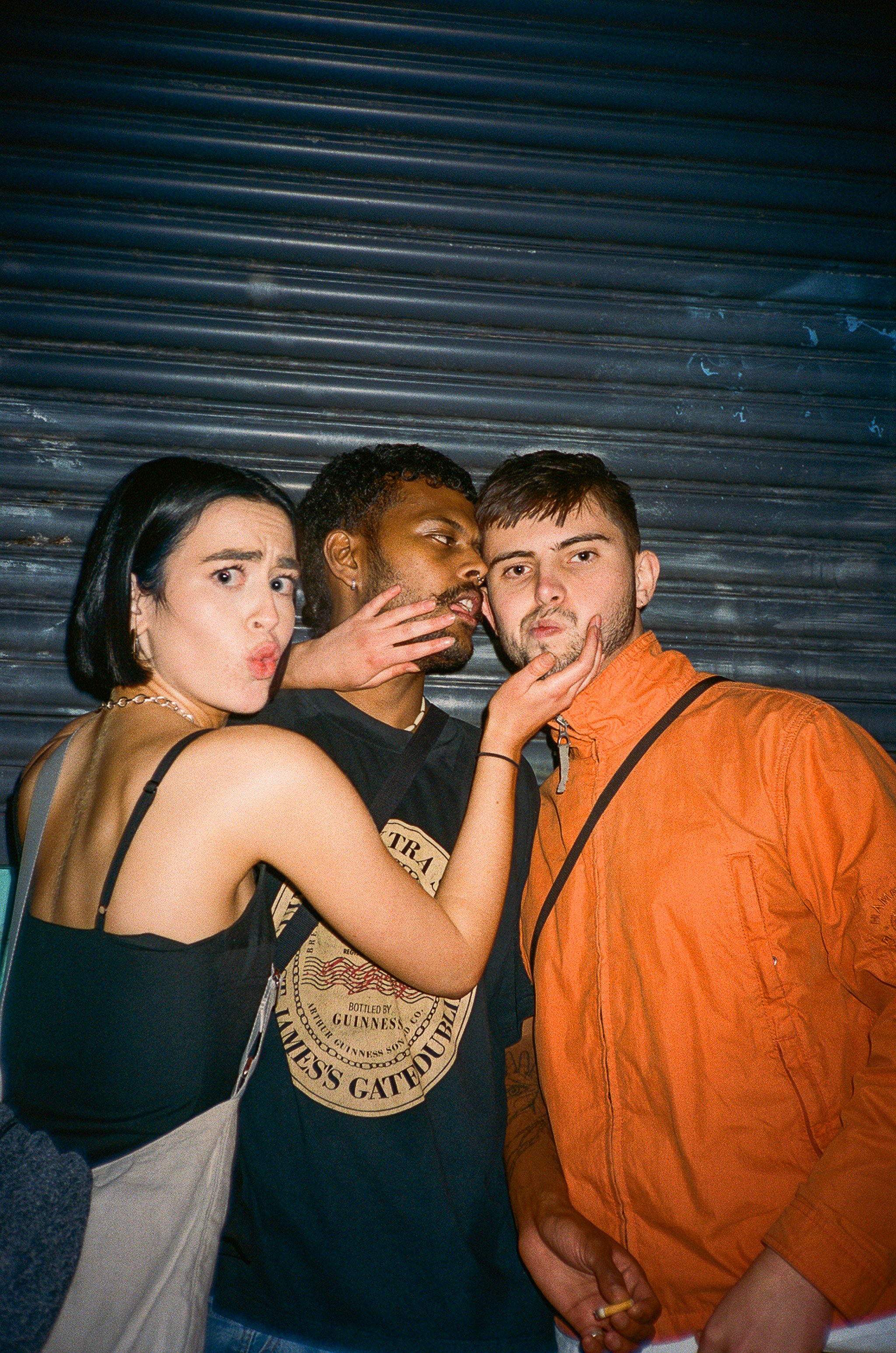Private to Public: The Rise Of The ‘Bedroom DJ’
Since the pandemic, there has been a wave of DJs whose origins into the music scene began isolated at home. Self-monikered as the ‘Bedroom DJ’, the influx of young people wanting to be involved behind the decks has had a heavy influence on the scene. Beginning as a way to reconnect with dance music during lockdown, these self-taught DJs emerged from the pandemic and are challenging the boundaries of what it means to be involved in the 2020s underground scene. So much of this extension and diversification of genres in the music scene (such as the popularisation of Scouse House, Donk and Speed Garage) can be put down to the impact of the ‘Bedroom DJ’. Through an abundance of SoundCloud mixes, livestreams and TikTok videos, we have been offered an insight into music beyond our reach - and subsequently, the scene has felt less limited (and more exciting). Whilst the pandemic has had various long term negative effects on the music scene and its communities, this article explores the unique, and often positive, experience of DJs who emerged from it.
RINGERS is a Birmingham based DJ who first began mixing during the 2020 lockdowns as a response to no longer being able to go to raves. ‘It never occurred to me that I could get into DJing; I think the lockdown allowed me to practise in a judgement free space. I then went on to mix at house parties with friends, meaning I was able to build my confidence and practice with people who wouldn’t hold the same bias as a typical rave crowd’. Following this, RINGERS joined Birmingham collective Selextorhood, a community for women and non-binary DJs which allowed a unique entrance into club culture. ‘I feel lucky to have been surrounded by such positive reinforcement from the beginning. As a woman in the music scene there isn’t a lot of space to make mistakes, so being afforded the time to practise during the pandemic and then welcomed into an encouraging community has been essential to my progress as a DJ’.
The influx of self-taught DJs from a range of backgrounds has served to diversify representation in the underground music scene. Talking to Ringers we reflect on how little diversity we saw in the rave scene pre-pandemic. Lineups are slowly becoming less overwhelmingly white/male-centric, and accountability is being put on all those involved in the scene to produce lineups which reflect the community and its roots. A big part to play in this is the use of social media. ‘Social media has given marginalised groups and less famous artists a voice to comment on how the scene is. It's so important to me that DJs show transparency about their industry. Even though I only have a small following, I can use my social media to tell my community about all-male, undiverse lineups, about the importance of safe space & inclusion policies, about incidences of harassment and how promoters/venue owners/security handle them. Without social media, discussions like these wouldn't go beyond your own circle of friends. The more transparency we have, the more we can work as a larger community to improve rave culture.’ More diversity in the community, more honest conversations happening and more accountability being taken can only result in positives for the scene. Even if it feels like everybody wants to DJ nowadays, so what? The rhetoric of too many people being involved creates a paradox. After all, the entire ethos of club culture is one that foregrounds community and pushes against the individualism which is so dominant in 21st century society. With constant waves of people being involved, the scene can never become static.
Due to the gradual involvement of more people from all demographics, club culture seems to have become significantly more experimental and free in the genres it explores. ‘I think, for a lot of people, starting off learning to mix in your bedroom means not having to conform to a certain genre or other expectations. Throughout the pandemic people were spending so much time discovering (and creating) new music, and DJing in isolation meant being able to explore that. My events collective High Key runs on this ethos of being centred around community, rather than being defined by a genre’. TikTok seems also to have played a big role in this experimentalism. ‘DJs who started posting on Tiktok have been able to have more fun experimenting and not taking their music as seriously. Performing a new mix that you aren't sure will work/how the audience will react maybe feels like less of a risk on a TikTok live than it does at peak time in a busy rave.’ This is also reflected in the rise in bootleg production and memefication of the music scene, which displays a level of self awareness, comedy and criticism through social media. As the pandemic catalysed the intertwining of underground club culture with online platforms, the scene no longer feels as impenetrable as it once did. Significant barriers still exist- the music scene is not protected from far deeper-rooted systemic issues. However, the various social media platforms calling out lack of diversity, providing criticism, foregrounding underrepresented groups, and allowing rave music and silliness to coexist can make finding your place within it less difficult.
The concept of the ‘Bedroom DJ’ was born from a period of isolation and challenges, but it may serve now to make underground music more inclusive and accessible than ever before. Ultimately, we have seen more female, LGBTQ+, POC & working-class DJs mixing and this is further reflected on the dancefloors. ‘The pandemic showed us nothing in our lives is permanent or guaranteed. So why not take risks, redefine yourself and put yourself out there?’.
____
Photography by Aaron Wyld





